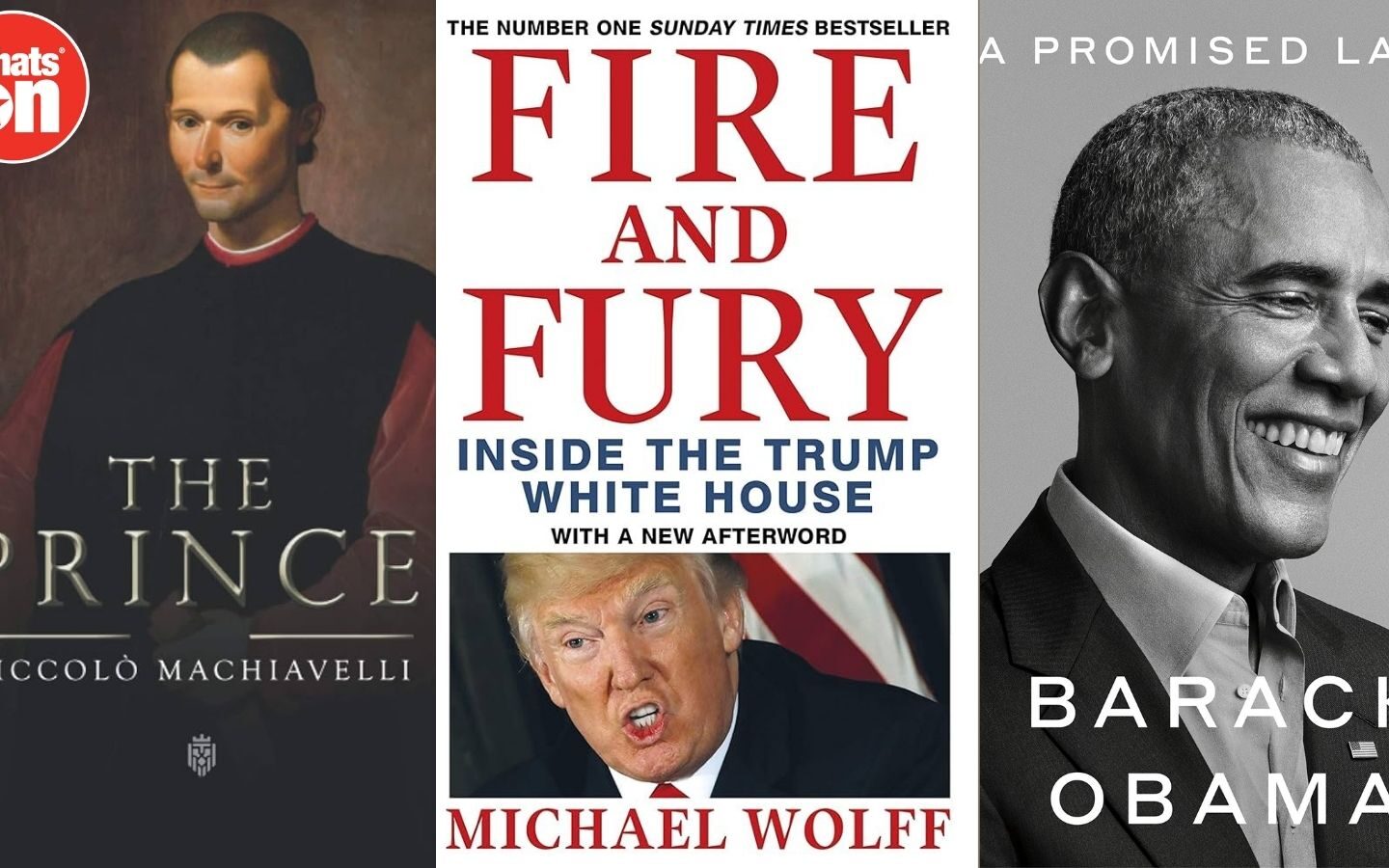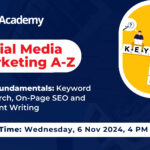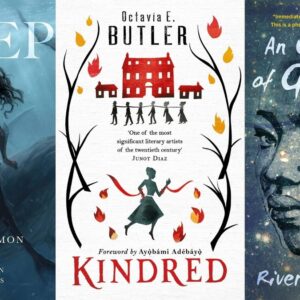As the U.S. presidential election results approach, political books become essential resources for grasping complex issues and influencing public discourse. These works clarify candidates’ ideologies and policies, empowering voters to make informed choices. This review highlights significant titles that resonate with the current electoral climate, guiding readers through today’s political landscape
The Prince by Niccolò Machiavelli
Written in 1513, “The Prince” is a seminal political treatise by Niccolò Machiavelli that analyzes the nature of power and political leadership. The book provides a pragmatic approach to ruling, advising leaders on how to maintain power through manipulation, cunning, and, at times, ruthlessness. Machiavelli famously asserts that “the ends justify the means,” emphasizing that achieving and maintaining power is often more important than moral considerations.
Machiavelli’s work remains relevant today, as it raises essential questions about ethics in politics and the nature of authority. His insights into human behavior, statecraft, and political strategy have made this book a foundational text for political theorists and leaders alike.
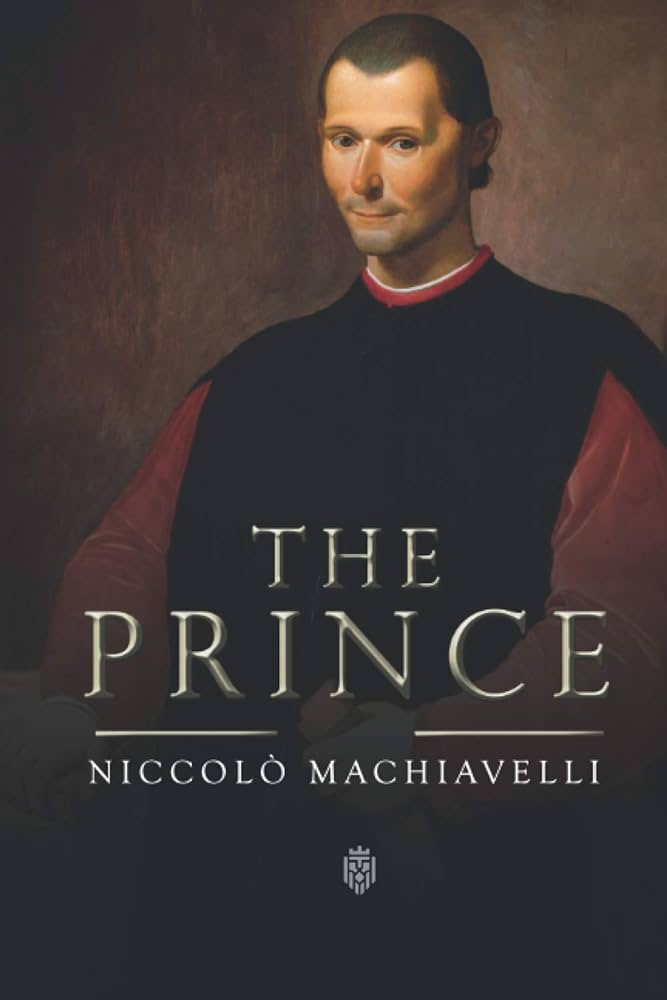
The Communist Manifesto by Karl Marx and Friedrich Engels
Published in 1848, “The Communist Manifesto” is a political pamphlet that outlines Marx and Engels’ theories on class struggle, capitalism, and the necessity of revolution. The manifesto argues that history is driven by the conflict between the bourgeoisie (capitalist class) and the proletariat (working class). Marx and Engels predict that the working class will inevitably rise against their oppressors, leading to the establishment of a classless, communist society.
This publication is crucial for understanding the development of socialist and communist movements worldwide. Its influential ideas have resonated with various groups struggling against economic inequality and oppression, making it a key work in political literature.
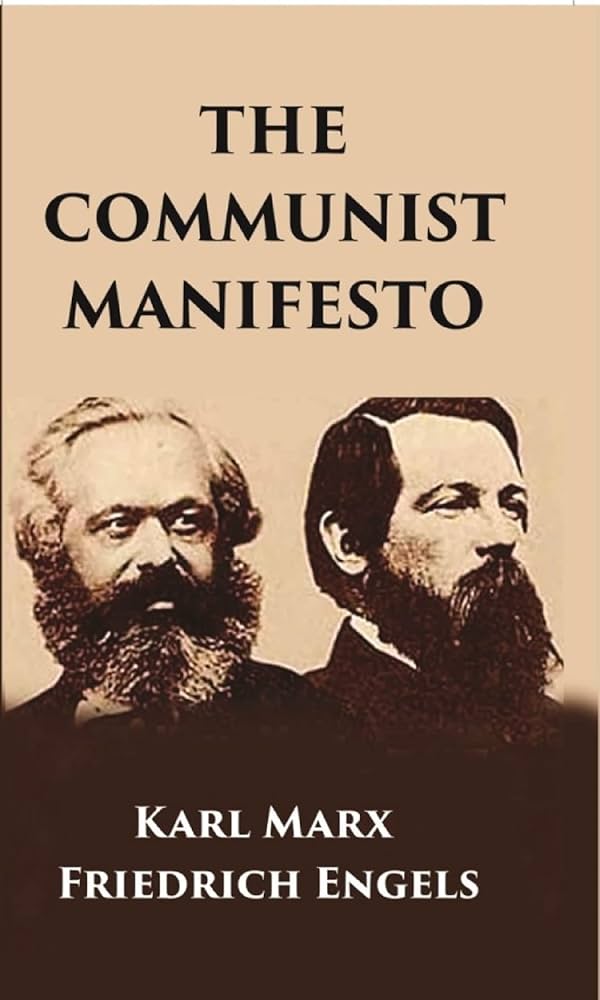
1984 by George Orwell
“1984,” published in 1949, is a dystopian novel set in a totalitarian state controlled by the Party, led by Big Brother. Orwell’s narrative follows Winston Smith, a government employee who becomes disillusioned with the Party’s oppressive regime. The book explores themes of surveillance, censorship, and the manipulation of truth, showcasing how totalitarian governments can subvert reality to maintain control.
Orwell’s cautionary tale serves as a warning about the dangers of unchecked power and the erosion of individual freedom. “1984” continues to be a significant reference point in contemporary discussions about privacy, state surveillance, and the power of propaganda.
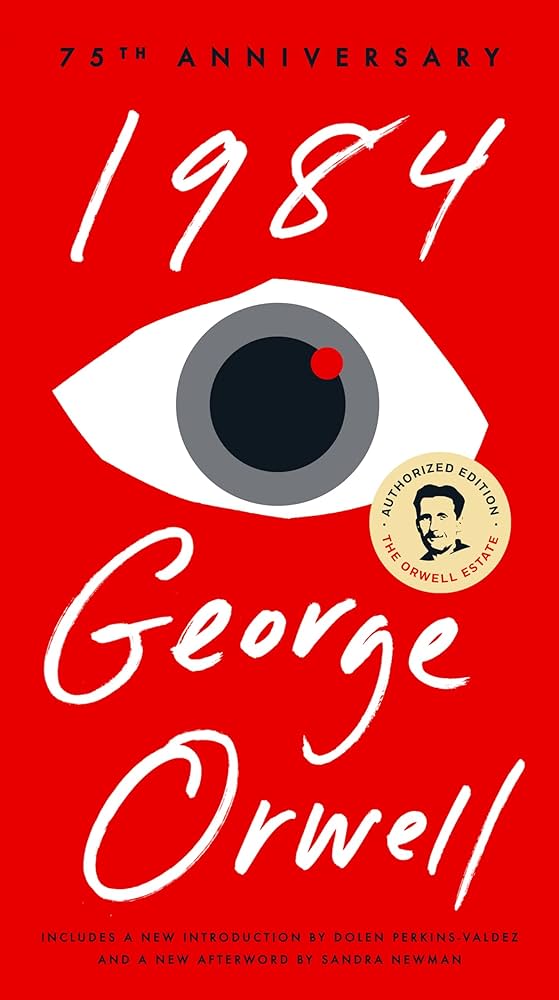
A Promised Land by Barack Obama
In this memoir, published in 2020, Barack Obama reflects on his early political career and the journey to become the first African American president of the United States. “A Promised Land” provides an intimate insight into Obama’s struggles, triumphs, and the complexities of governance. He recounts significant events, from the financial crisis of 2008 to the passing of the Affordable Care Act.
Obama’s narrative emphasizes the importance of hope, determination, and the need for collaboration in politics. He underscores the challenges faced by leaders and the significance of integrity and service to the public. This memoir provides readers with an inspiring look at modern American politics through the lens of a transformative leader.
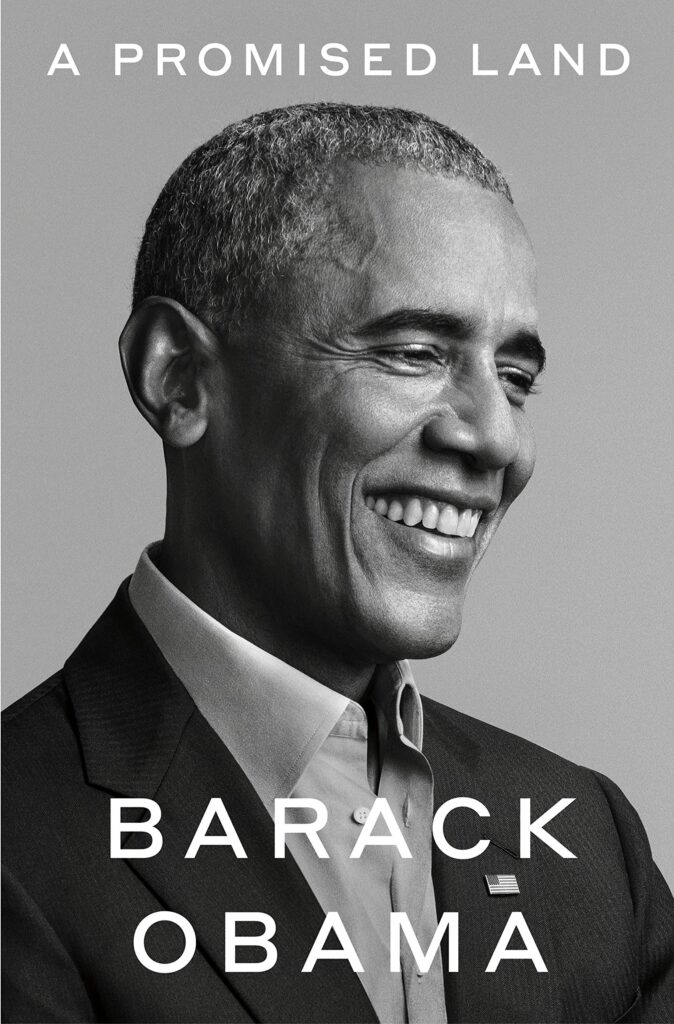
Manufacturing Consent by Edward S. Herman and Noam Chomsky
“Manufacturing Consent,” published in 1988, offers a critical analysis of the mass media’s role in shaping public opinion and supporting elite interests. Herman and Chomsky argue that mainstream media serves as a propaganda tool for powerful institutions, manufacturing consent for political and economic policies rather than genuinely informing the public.
The book outlines their “propaganda model,” which highlights how media control influences what information is disseminated and how it is framed. This work is essential for understanding the media landscape and its impact on democracy, prompting readers to critically evaluate the information they consume.
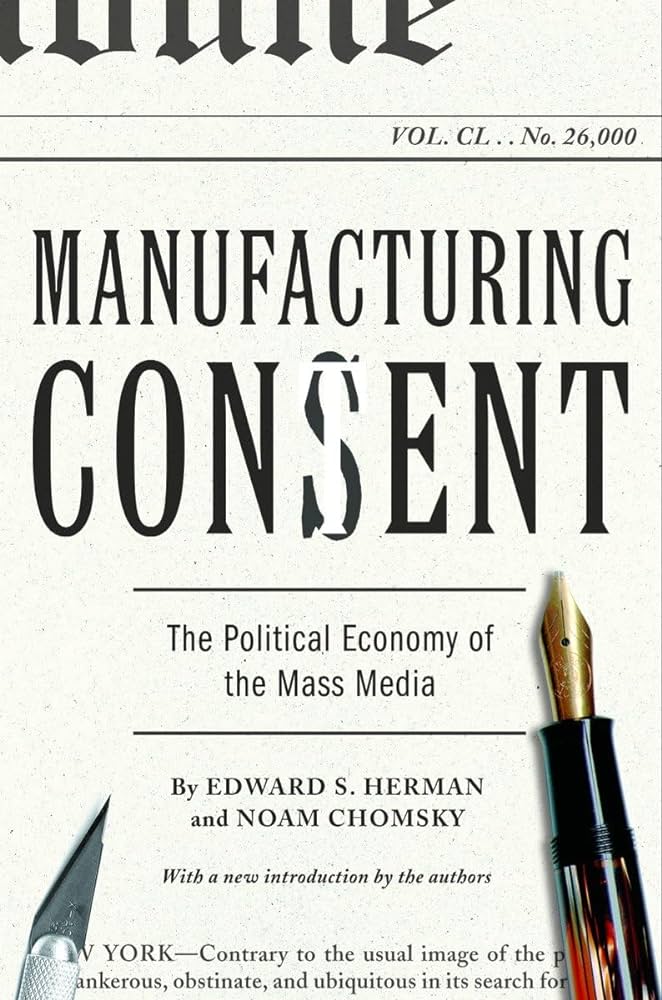
Prisoners of Geography by Tim Marshall
Published in 2015, “Prisoners of Geography” delves into the geopolitical influences that shape global politics. Tim Marshall argues that geography significantly impacts national security, strategy, and foreign relations. The book examines how geographical features, such as mountains, rivers, and climate, constrain or provide opportunities for nations.
Marshall’s insights are invaluable for those seeking to understand the complexities of international relations in an increasingly interconnected world. By grounding political analysis in geographical realities, the book emphasizes how physical landscapes influence political decisions and power dynamics on a global scale.
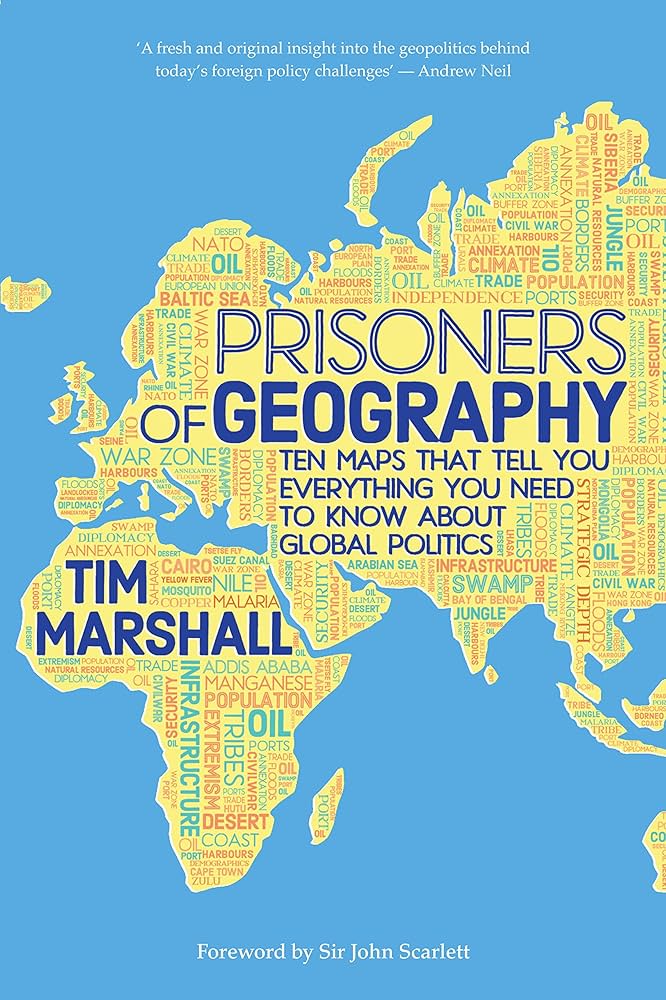
Fire and Fury: Inside the Trump White House by Michael Wolff
“Fire and Fury,” published in 2018, offers a controversial behind-the-scenes look at the Trump administration during its early days. Michael Wolff’s narrative is based on extensive interviews with key figures in the White House and provides insights into the chaotic decision-making processes and conflicts within the administration.
The book presents a critical view of Donald Trump’s presidency, highlighting the challenges faced by his administration and the controversies that surrounded his leadership. “Fire and Fury” has sparked discussions about the nature of political accountability and the dynamics of power within the executive branch, making it a vital contemporary political text.
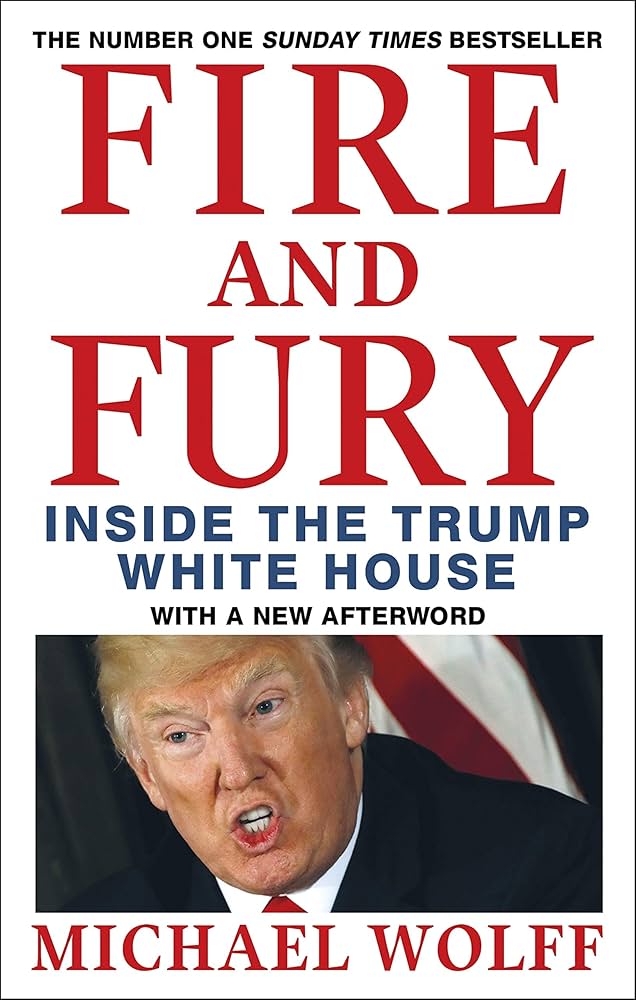
Get More Books Reviews VisitWhatsOn.Guide




